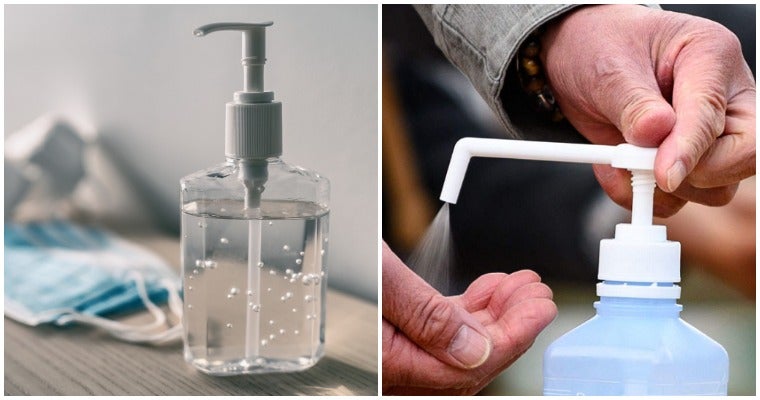Ever since the Covid-19 outbreak, we use hand sanitiser every day as we’re paranoid about touching different surfaces. This has become the new norm that we need to adapt to.
It’s true that alcohol-based sanitisers are much more effective in killing off the virus. According to Live Science, alcohol-based sanitisers are able to kill a wider range of virus and bacteria if the concentration is above 60%. Additionally, the efficiency increases as the alcohol concentration is between 90% to 95%.
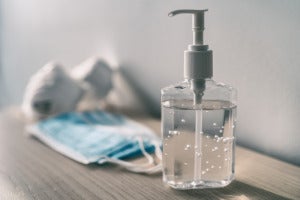
However, people tend to overuse this product due to the fear of getting infected by the deadly coronavirus. And as we all know, too much of a good thing is not good at all.
Below are a few things mentioned by Dr B.L. Jangid, Dermatologist & Hair Transplant Surgeon, SkinQure Clinic, New Delhi regarding hand sanitisers:
1. Limit the usage
If used in small quantities, hand sanitisers can shield you against the virus infection. Each time you squeeze a few drops onto your palm, rub it for about 30 seconds to receive its optimum function, according to this study. But using too much hand sanitiser will lead to hand dermatitis.
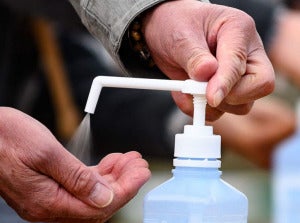
2. Unwanted chemical contamination
Aside from alcoholic elements, hand sanitisers are also made up of other chemicals. Such chemical components can be harmful in excess on the surface of the skin. Furthermore, skin types vary from person to person, which is why there are instances where some chemicals might be okay for certain people. But you wouldn’t want to risk having your skin contaminated right? So, reduce the usage!
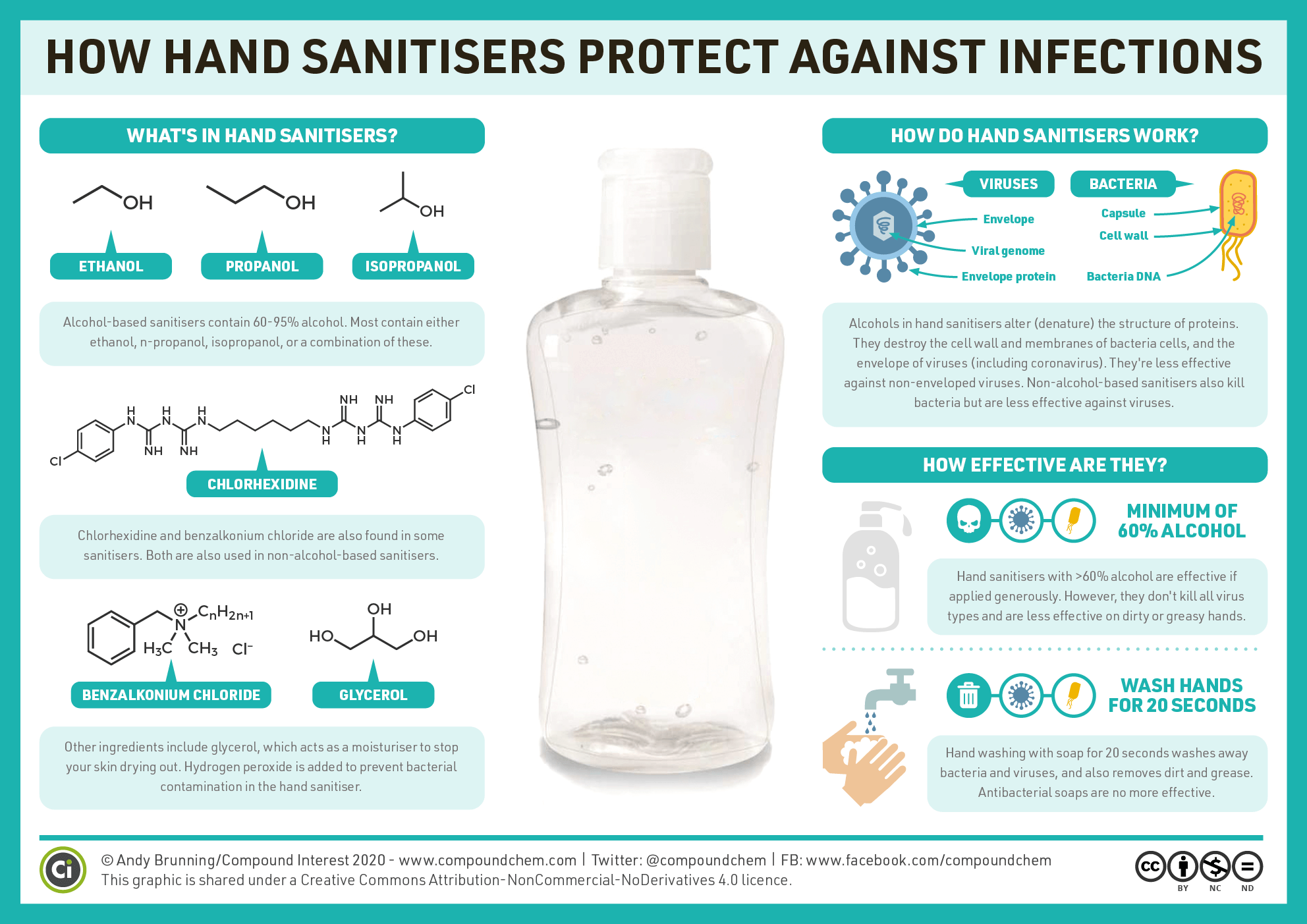
3. Moisturising creams and healing ointments
If you find cracks on your hands, stop using the hand sanitiser immediately unless it’s really necessary. Apply moisturising creams (consisting of aquaporin) to help the skin recovery. You can also opt for home remedies like making your own healing ointments using aloe vera or other ingredients. You can wear also wear gloves overnight to aid the repair of your skin.
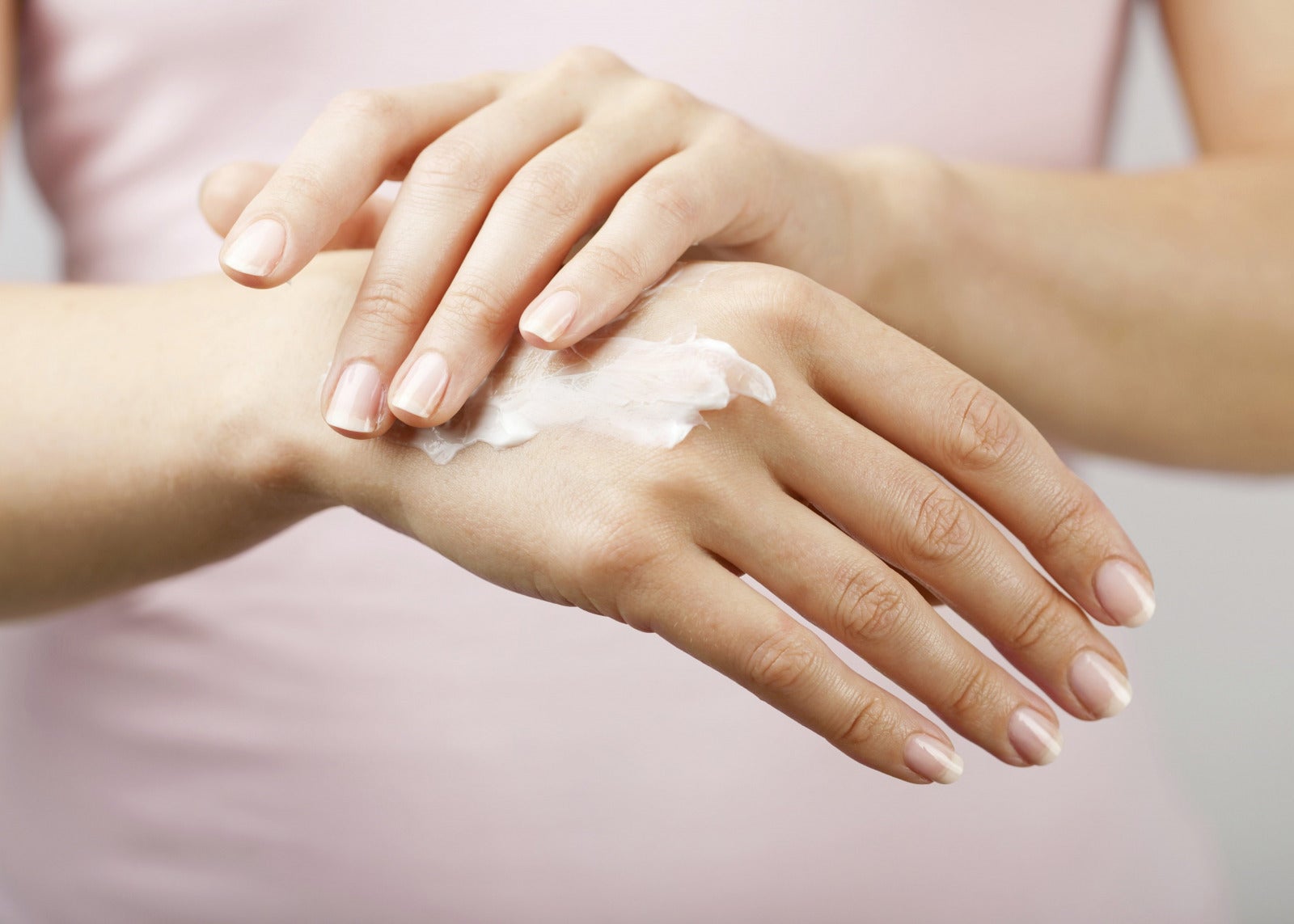
4. Soap and water
This combination is always better than hand sanitisers. It has also been mentioned by other specialists like Dr Kalisvar Marimuthu, senior infectious disease consultant at the National Centre for Infectious Diseases (NCID). Soap and water can prevent allergic reactions that are possibly caused by sanitisers, depending on your skin type. Switch to antiseptic soaps or wet wipes if you’re in a situation where there are no soap and water.
Basically, only go for hand sanitisers if you really don’t have any other better options.
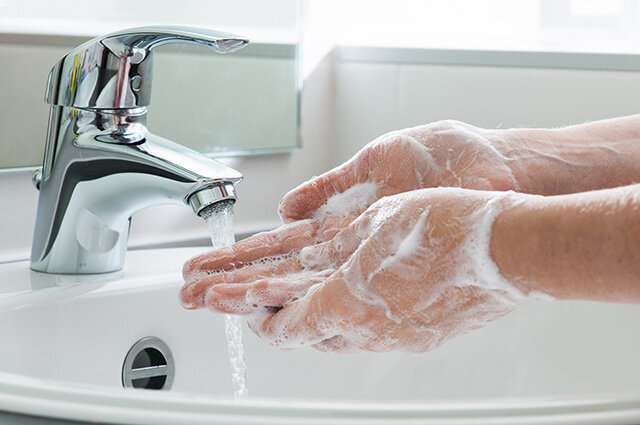
Take note on these! It’s important to use hand sanitiser during this pandemic period. But it’s vital to know the right way of using them.
Also read: Autobots, Roll Out! This Futuristic Robot Can Help Keep Public Places Safe For Everyone

